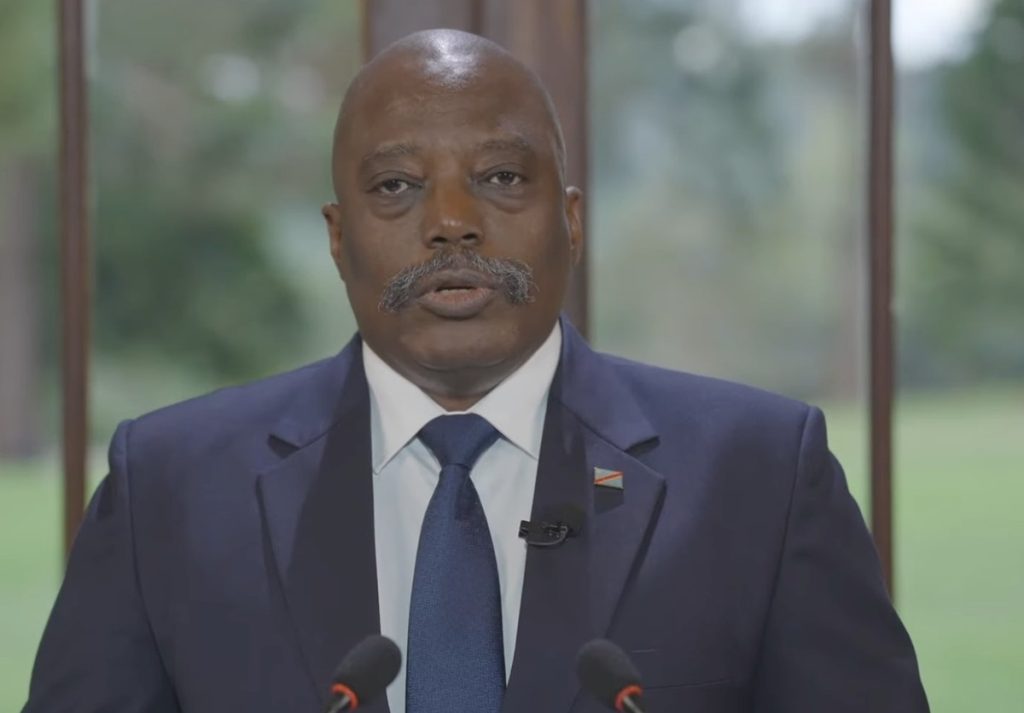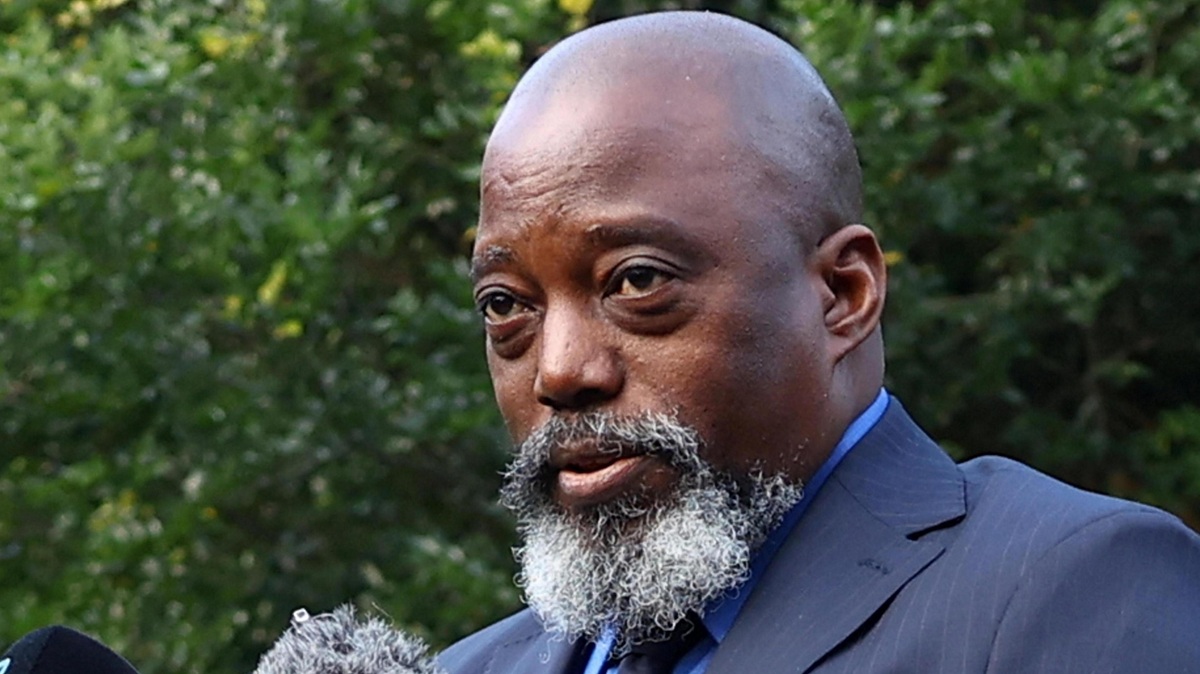Former Congolese President Joseph Kabila has reportedly arrived in Goma, the rebel-held city in eastern Democratic Republic of Congo, for consultations with local residents, according to three sources close to him who spoke to Reuters. His unconfirmed visit comes just a month after declaring his intent to help resolve the ongoing conflict in the troubled region—an area rich in minerals that the United States under former President Donald Trump had shown interest in developing through strategic mining partnerships.
Kabila, who ruled for nearly two decades before stepping down in 2019 under pressure from mass protests and international actors, has remained largely absent from the public eye and has been based in South Africa since late 2023. Sources say he arrived in Goma on Sunday night and plans to begin talks with residents on Wednesday. Corneille Nangaa, the head of a rebel coalition that includes the M23 armed group, also confirmed Kabila’s presence in Goma via social media. However, Kabila himself has remained silent, and no public images have surfaced to confirm his location.
If verified, the visit could significantly complicate U.S.-backed peace efforts aimed at ending the M23 rebellion, which has surged in recent months and seized more territory than ever before. The Congolese government has long accused neighboring Rwanda of supporting the M23 insurgency—an allegation the Rwandan government denies, claiming its military actions are in self-defense.
Tensions between Kabila and the current administration of President Felix Tshisekedi have reached new heights. The Congolese Senate recently voted to lift Kabila’s immunity, opening the door for prosecution over alleged support for M23 and potential crimes against humanity, including involvement in civilian massacres. In response, the government has suspended his political party and moved to seize assets tied to its leadership.

Government spokesman Patrick Muyaya went further, claiming Kabila is now “positioning himself as the rebel leader” in coordination with Rwandan President Paul Kagame. In a defiant speech last Friday, Kabila dismissed the accusations, calling the Congolese justice system a tool of political persecution used by Tshisekedi’s administration.
Kabila’s long grip on power began in 2001 after the assassination of his father, Laurent-Désiré Kabila. Though he was constitutionally required to step down in 2016, he delayed elections and ultimately stayed in office until early 2019 through a fragile and often dysfunctional power-sharing deal with Tshisekedi. That alliance collapsed by late 2020 as Tshisekedi gradually sidelined Kabila’s influence and accused him of obstructing reforms.
As M23 fighters advanced toward Bukavu earlier this year, Tshisekedi publicly blamed Kabila for fueling the insurgency during remarks at the Munich Security Conference.
Meanwhile, Washington is continuing to push for a peace agreement by summer, with plans for mineral extraction deals aimed at attracting billions in Western investment, Trump’s former Africa adviser Massad Boulos told Reuters.
The international community, including the UN and various Western governments, has cited credible evidence that Rwanda is arming M23. Kigali has repeatedly denied this, maintaining that its military actions are aimed at defending its own security from hostile forces operating inside Congo.


 Trending
Trending 